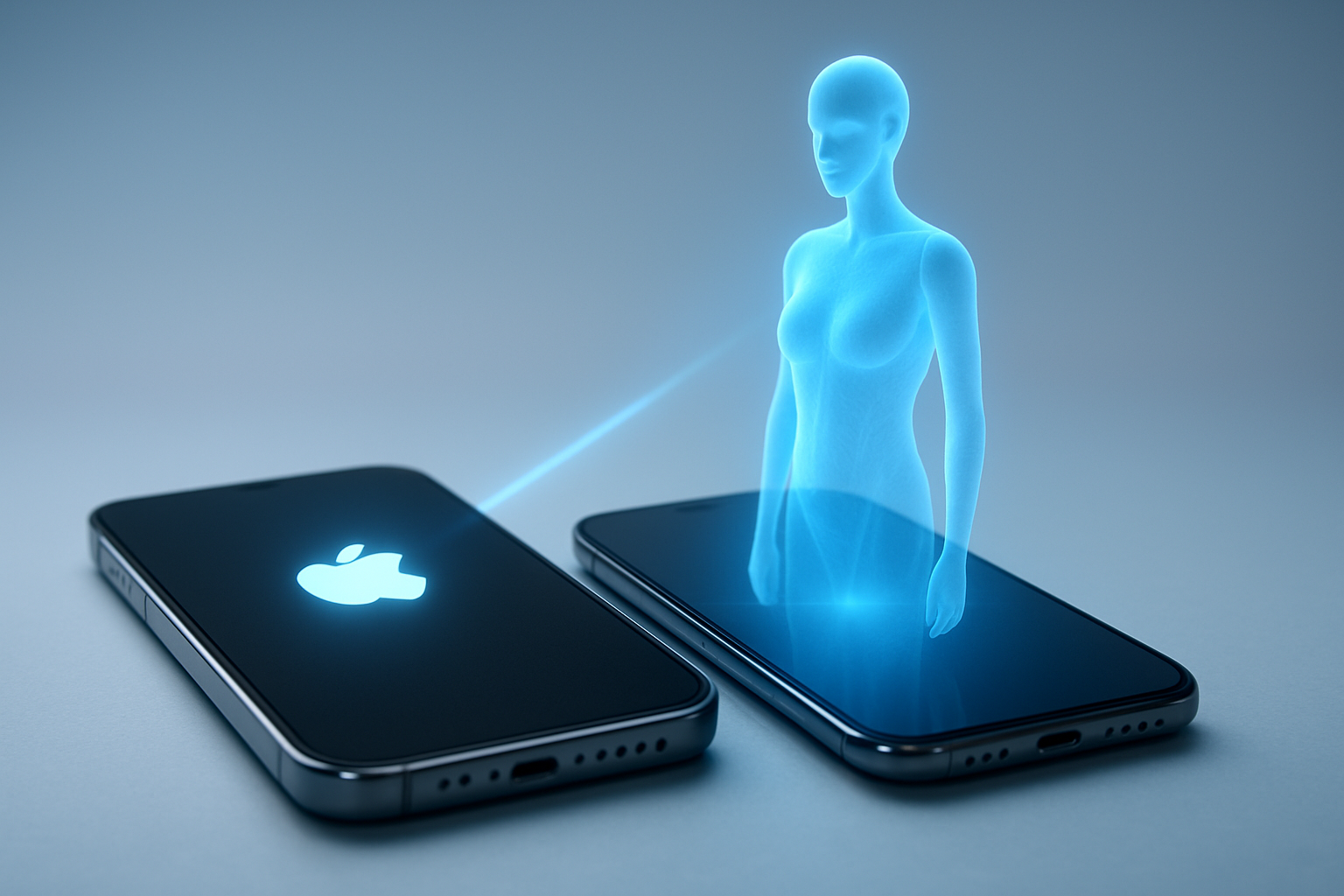Mark Zuckerberg just declared war on the iPhone. Well, not literally—but close enough.
In what might be the tech world's most intriguing power play since... I don't know, Microsoft's antitrust battles of the '90s?... Meta's chief unveiled a strategic offensive that has "Apple rivalry" written all over it. The battlefield? Artificial intelligence.
Yesterday's Meta Connect event wasn't subtle. Zuckerberg stood on stage, sporting that familiar Caesar cut and barely-contained intensity, and essentially announced his plan to make Apple's hardware dominance less relevant. I've covered Meta events since they were still called Facebook, and trust me—this one hit different.
"We're building the most used AI assistant in the world," he proclaimed with the sort of confidence that only comes from surviving congressional grillings and internet memes about your water-drinking habits.
What's fascinating here isn't just what he's doing but how. Rather than repeat the catastrophic Facebook phone experiment (remember that disaster?), Zuckerberg is attempting an end-run around Apple's ecosystem. He's betting that AI will become the primary interface layer that matters more than whatever glass-and-metal rectangle you're holding.
It's a dramatic pivot from the company that, um, literally renamed itself after the metaverse just two years ago. Talk about corporate ADHD.
The strategy makes sense, though. Meta owns the spaces where billions of people already communicate—WhatsApp, Instagram, Facebook Messenger. These aren't just apps; they're digital town squares. Meanwhile, Apple's strongest social product remains iMessage, which is more moat than community.
(Side note: The economics here are delicious. Apple sells premium hardware at high margins, while Meta harvests attention for ad dollars. These fundamentally different business models create entirely different approaches to AI.)
Look, there's also something personal happening. When Apple introduced those App Tracking Transparency features in iOS 14.5, it reportedly cost Meta billions. Tim Cook has taken barely disguised shots at Meta's privacy practices for years. In Silicon Valley, business grudges have a way of shaping entire corporate strategies.
Will consumers actually trust Meta with even more of their data to power these AI experiences? That's the trillion-dollar question hanging over everything.
I spoke with several industry analysts after the event who suggested this is as much about perception as technology. Meta needs to position itself as an AI leader to stay relevant with both users and investors who might be growing weary of the metaverse promises.
The most clever aspect of Meta's approach? By focusing on AI that works across platforms, Zuckerberg is attempting to make the iPhone less special. If your primary relationship is with an AI assistant that works just as well on Android as iOS, Apple's walled garden loses some of its appeal.
Wall Street seemed cautiously optimistic, with Meta shares ticking up slightly following the announcements.
One thing's certain: the AI wars are just heating up, and the company that becomes your primary AI interface could emerge as the next tech kingmaker—regardless of what device you're holding.
Tim Cook might want to watch his back. In this industry, today's untouchable leader is tomorrow's case study in disruption.
Just ask BlackBerry.
